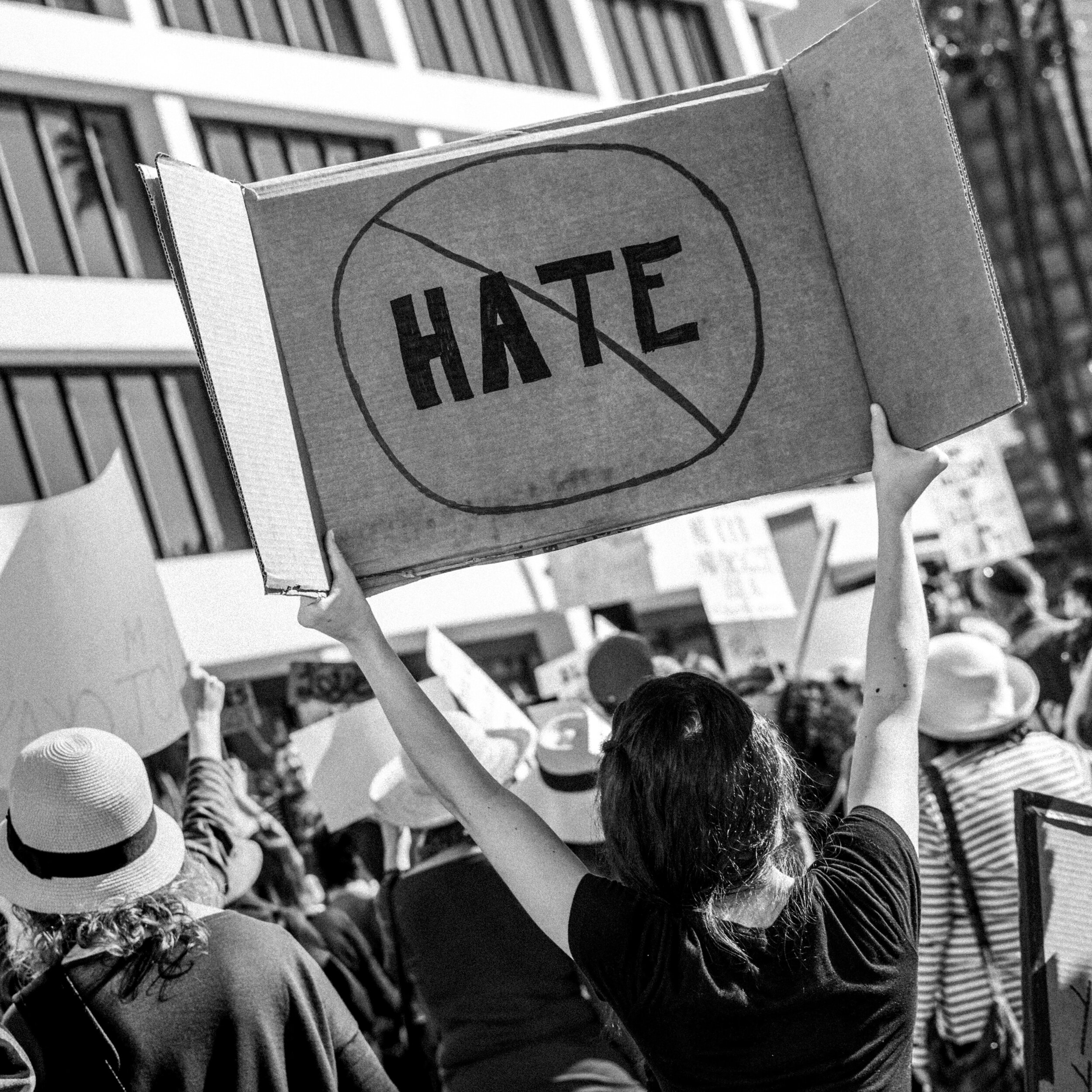Hate crimes in Croatia and the failure to investigate
/By Tea Dabić, Human Rights House Zagreb
Summary
In 1999, Mr. Šemso Šečić, together with several other individuals, was collecting old metal in a street in Zagreb. Two unidentified men approached the group and attacked the applicant with wooden planks while shouting racial abuse. The applicant was taken to a nearby hospital where the doctors found that no bones had been broken, sending the applicant home with painkillers. However, during the night, the applicant experienced severe pain and the next day went to another hospital where it was found that he had sustained multiple rib fractures. As a result of the incident, Mr. Šečić suffered from post-traumatic stress syndrome, characterized by depression, anxiety, panic attacks, fears for his own safety and that of his family, and nightmares. He underwent psychiatric treatment.
The police had concluded that the attack had been committed by members of a ‘skinhead’ group, which had been known to participate in similar incidents in the past. However, the police failed to question members of the group or investigate any other credible leads. Moreover, Croatian Radio Television (HRT) had broadcast a programme in which a young skinhead was interviewed, explaining his reasons for engaging in attacks on the Roma population in Zagreb in which the incident involving the applicant was implicitly mentioned. The police failed to pursue appropriate legal measures to identify the interviewed party.
Judgment by the European Court of Human Rights
The Court held that the Croatian authorities had failed to conduct a proper investigation into the attack. Even though the police were aware that the event had probably been motivated by ethnic hatred, they allowed the investigation to last for more than seven years without taking any serious action with a view to identifying or prosecuting the perpetrators. Therefore, the state had violated Article 3 of the Convention, as well as - Article 14 in conjunction with Article 3.
Country situation (as of February 2020)
Although measures taken by the Croatian authorities are wide-ranging (including measures aimed at increasing the efficiency of criminal investigations to measures aimed at effective processing and monitoring of hate crime), Croatia still faces problems with applying the legislation according to Convention requirements. The police, State Attorney’s Offices, and courts continue to experience problems in identifying hate crime/speech and applying the legislation. The main problem is that the aforementioned bodies responsible for the prosecution do not identify the motive of hate as the basis for the effective investigation.
Another problem is inadequate prosecutions; hate-motivated violence is prosecuted as a misdemeanor instead of as a criminal offense probably with the intention of achieving faster prosecution.
Also, underreporting of hate crime remains a serious concern. Recent incidents of hate crime against minority groups, Serbs and LGBTQ persons create an atmosphere of intolerance in Croatia. There is no unequivocal condemnation from the government and other high officials, which trivializes such violence.
Even though Croatia has the Working Group for Monitoring Hate Crime Cases, the statistics on hate crimes, including misdemeanors of hate crime, are not published in an adequate form that can serve for further meaningful analysis of this type of violence. Only the bare figures are available on the official website. There is no disaggregated data showing hate crimes by the different bias grounds.
The education of police officers in the field of hate crime is mostly carried out as a result of long-term cooperation between civil society organizations and the Policy Academy. Although this is an example of good practice, the prevalence of discriminatory attitudes and prejudice indicates the need for continuous and systematic implementation of education, involving all stakeholders that come into contact with the victims of hate crimes.
Developments in the implementation
The Working Group for Monitoring Hate Crime cases has proposed changes to the Rules of Procedure in Processing Hate Crimes. Changes should bring new and detailed indicators for investigating bias motivation. However, proposed amendments have not yet entered into the force yet.
Further education and practical training should be organized for police officers, prosecutors and judges in order to raise awareness on hate crimes and its consequences, the importance of monitoring and adequate prosecution and to build further capacities for prevention and victim support.
EIN Activities
The case is followed closely by EIN member organisation Human Rights House Zagreb (HRHZ). Together with the Center for Peace Studies, HRHZ submitted a monitoring Rule 9 report in October 2019, setting out the shortcomings in implementation highlighted above. EIN conducted a training event for these organisations and others in Zagreb in May 2019 – it continues to liase with HRHZ, which serves as a hub for activities in regard to the implementation of judgments in Croatia.
Useful Links
Case summary on Hudoc-Exec
Rule 9 by Human Rights House Zagreb and the Center for Peace Studies (October 2019)
Press release and Judgment from the European Court of Human Rights

